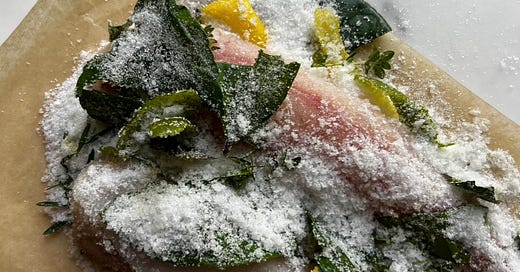West Berkshire, July 2024
I’ve struggled to focus these last few weeks.
I’m going to try something different.
Short postcards that celebrate a moment in time.
I hope for now there will be a couple throughout the week until I can find my focus once again.
Keep reading with a 7-day free trial
Subscribe to A Private Chef to keep reading this post and get 7 days of free access to the full post archives.



